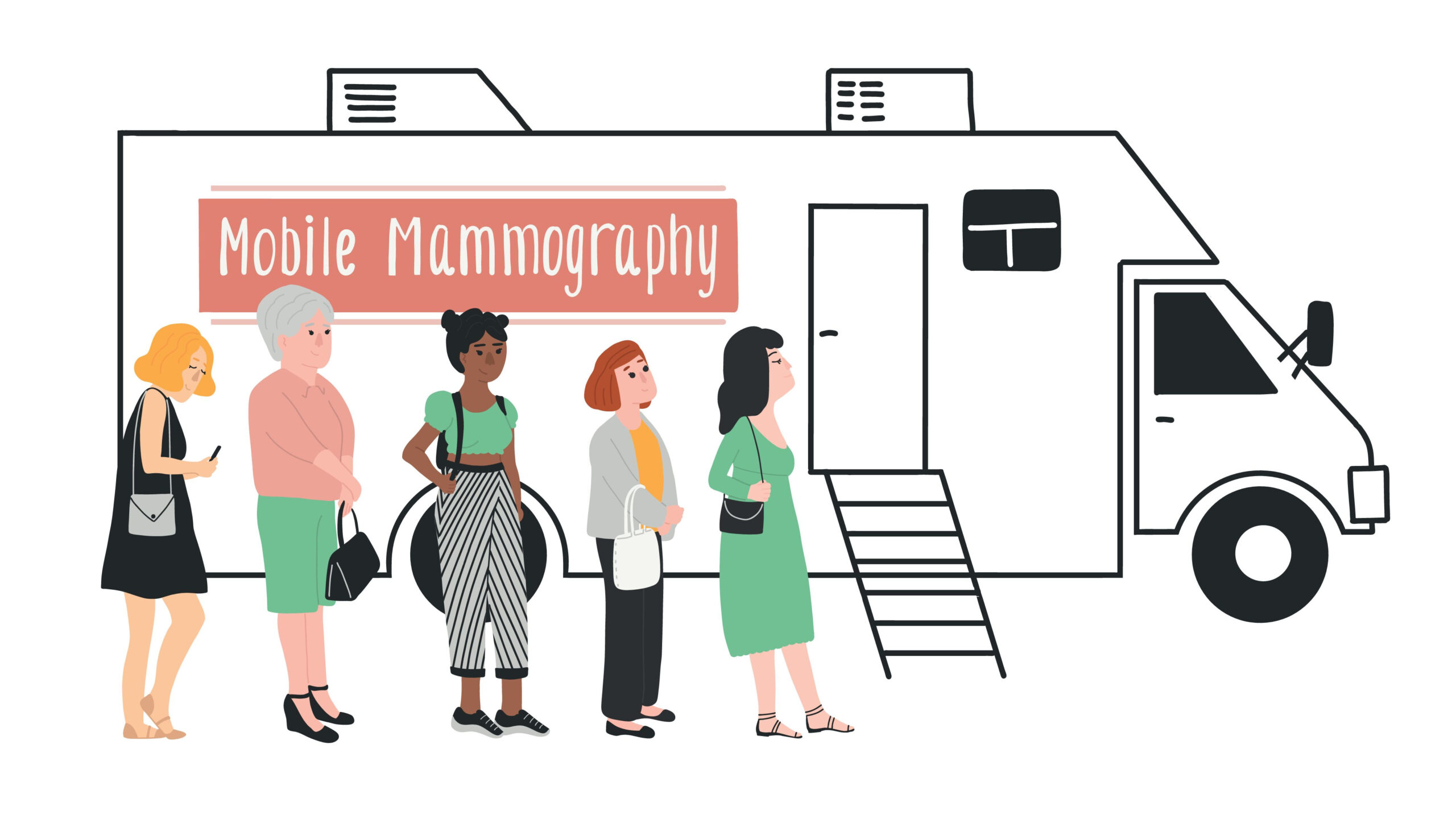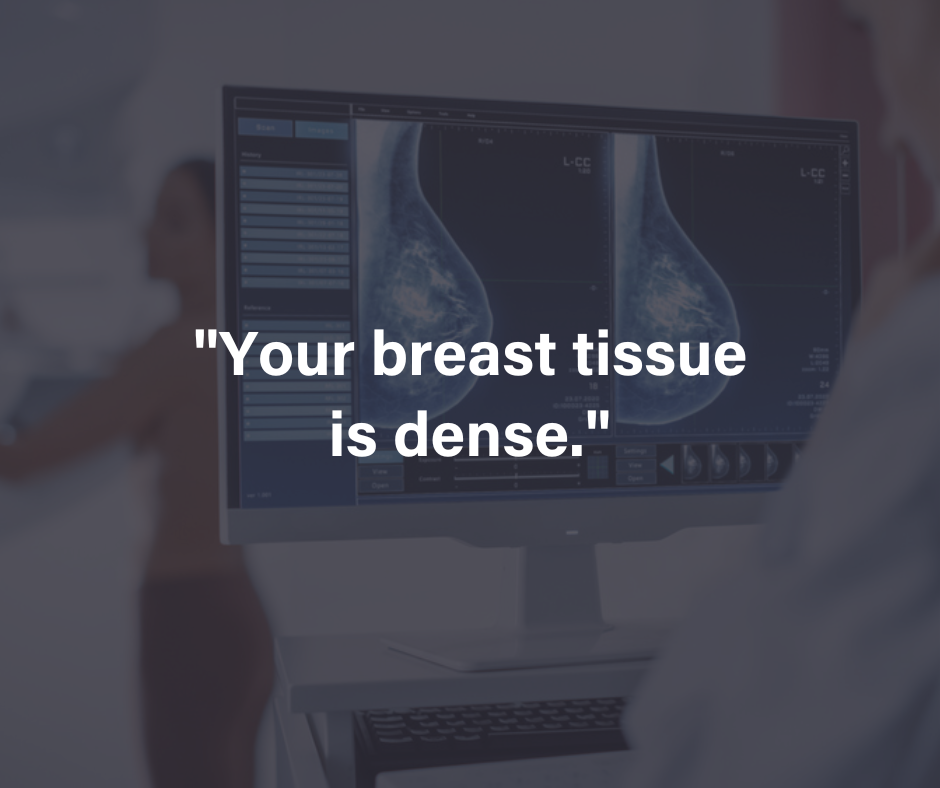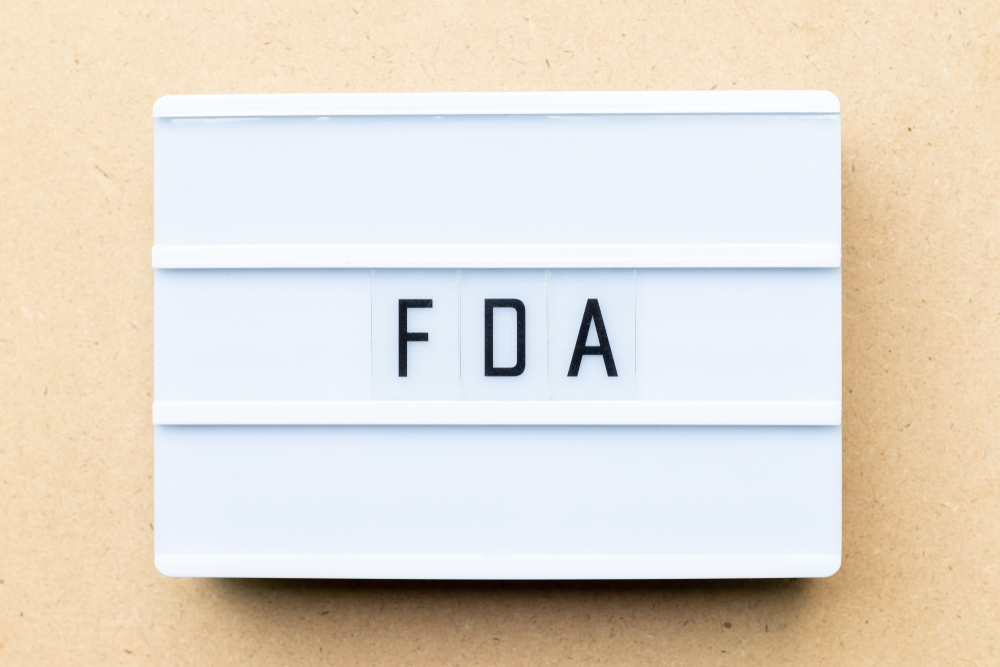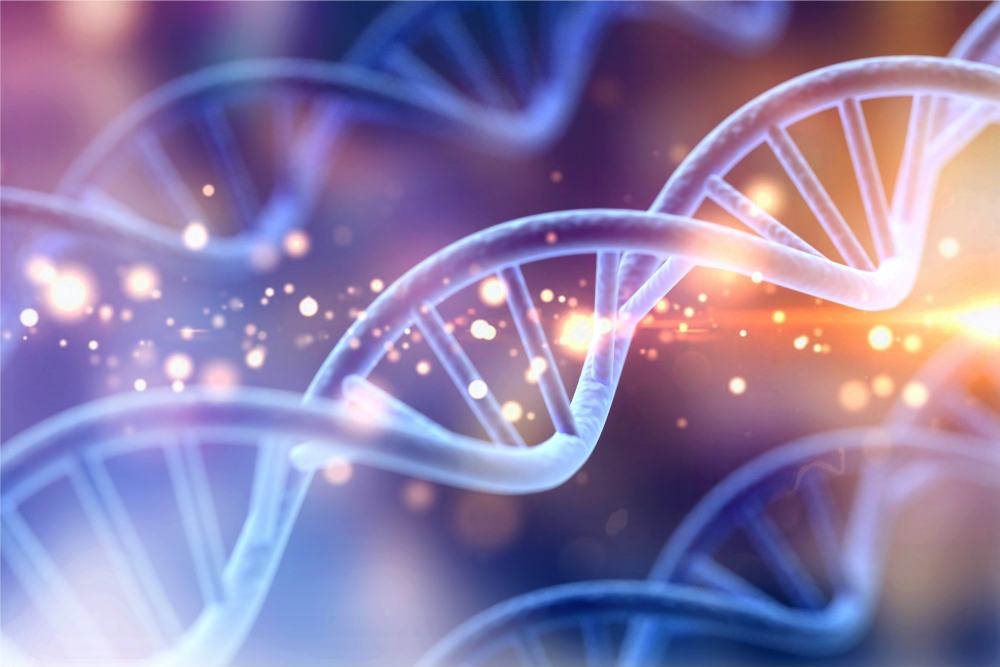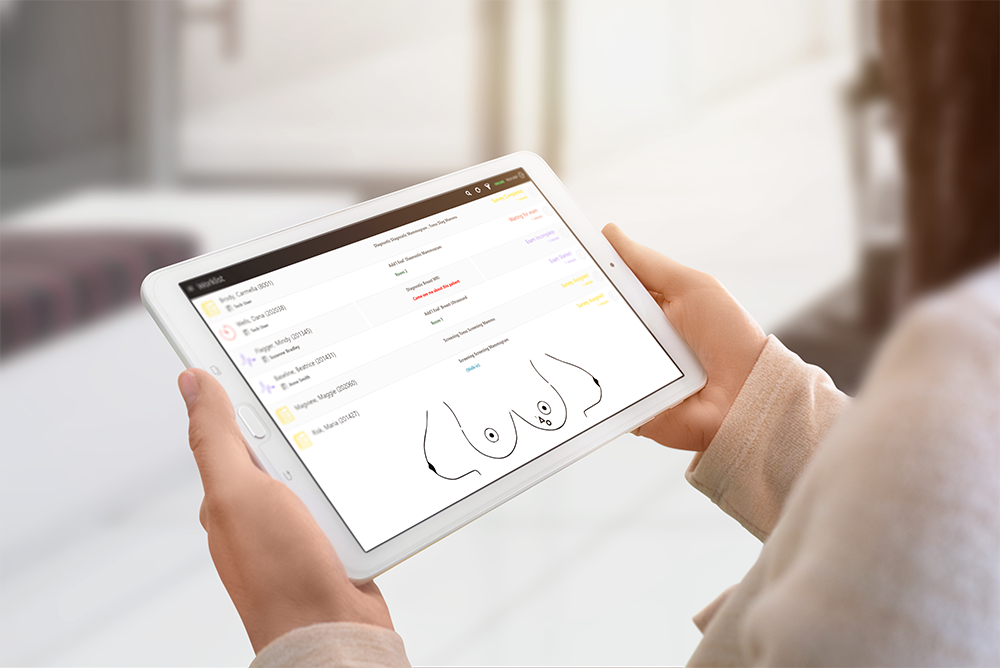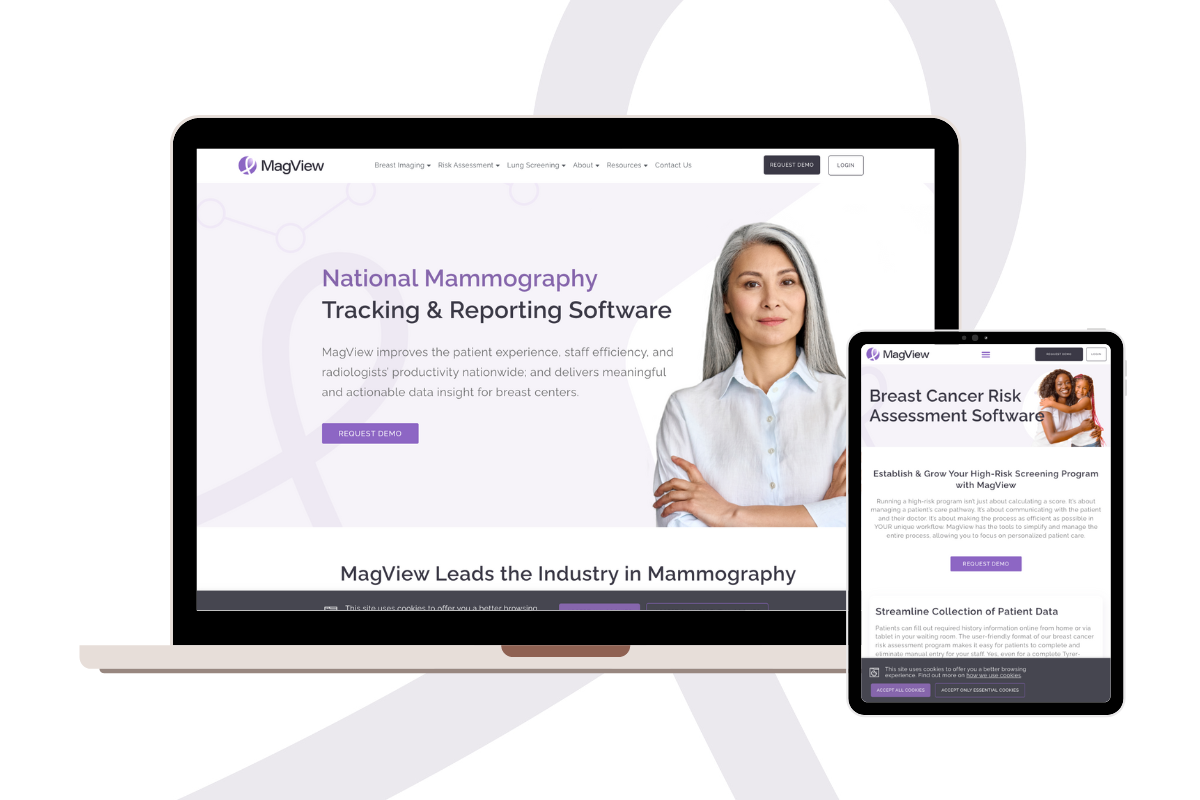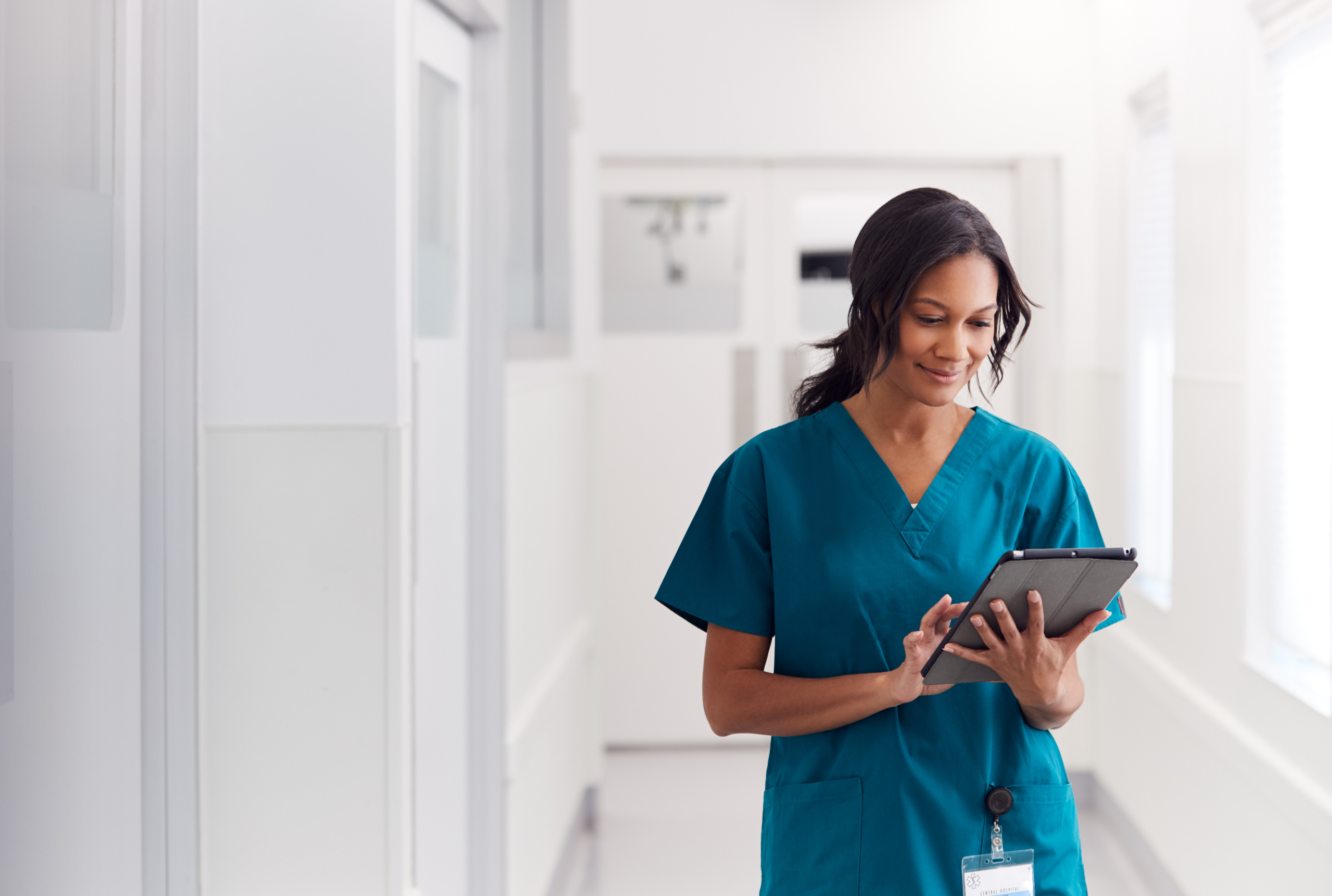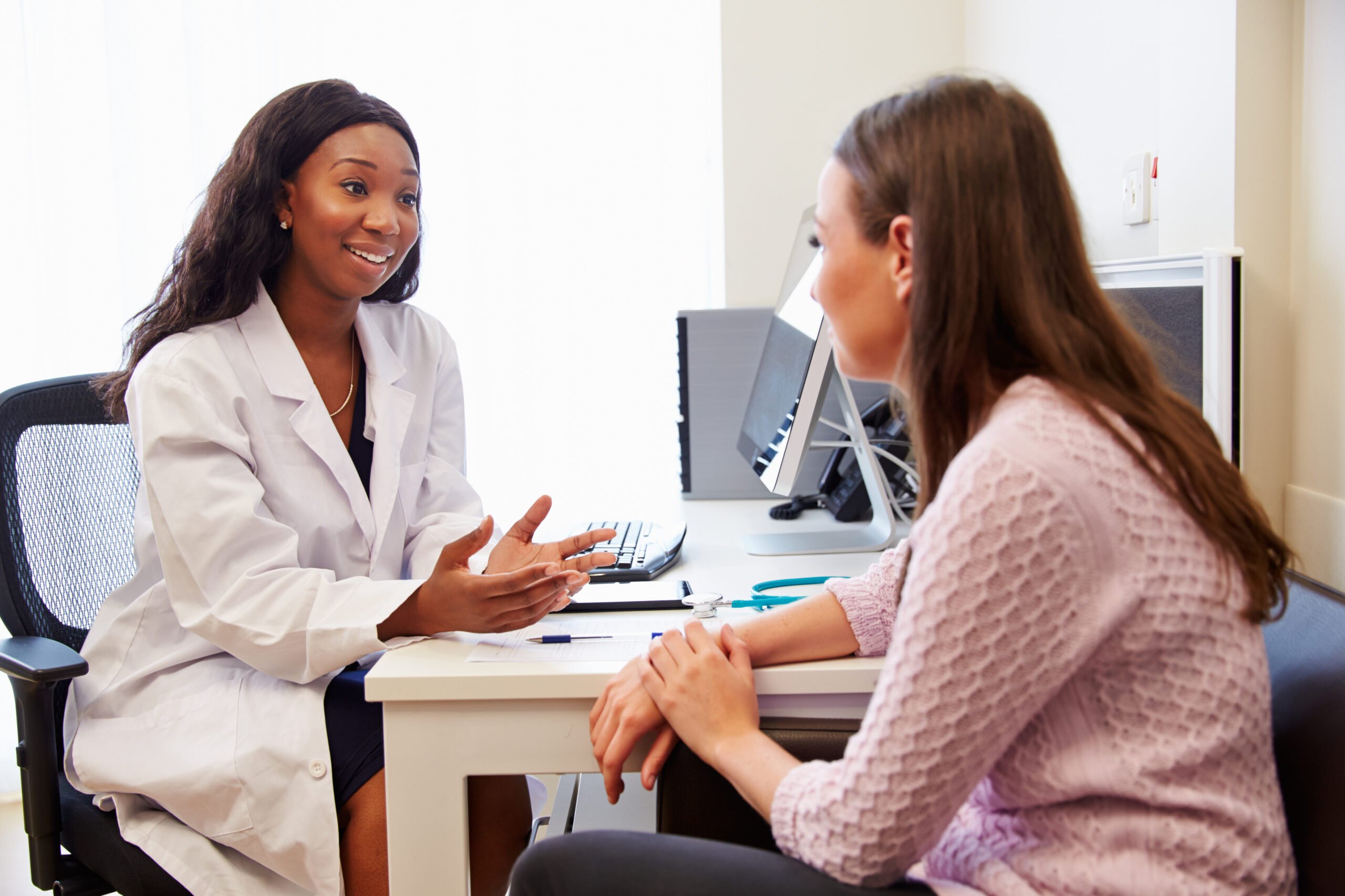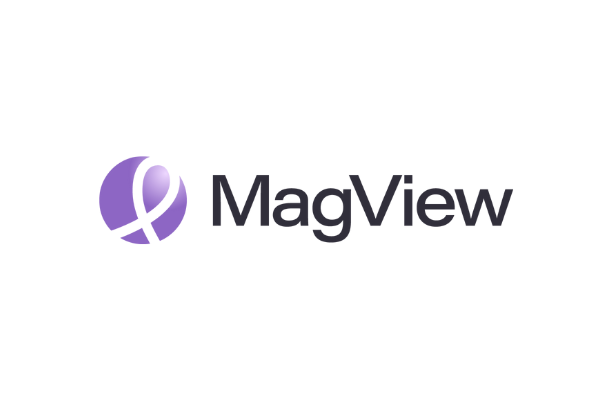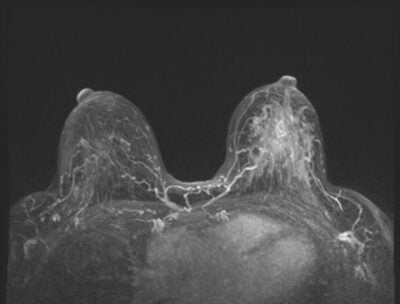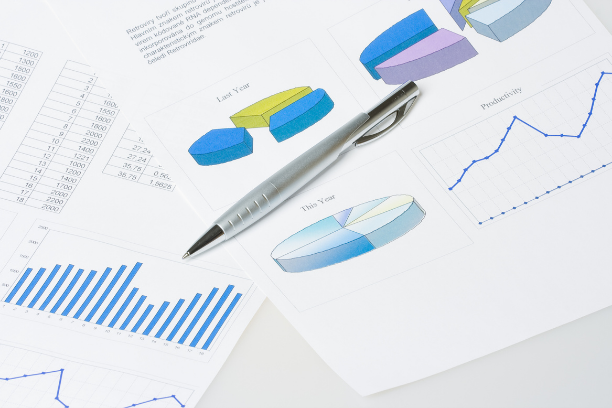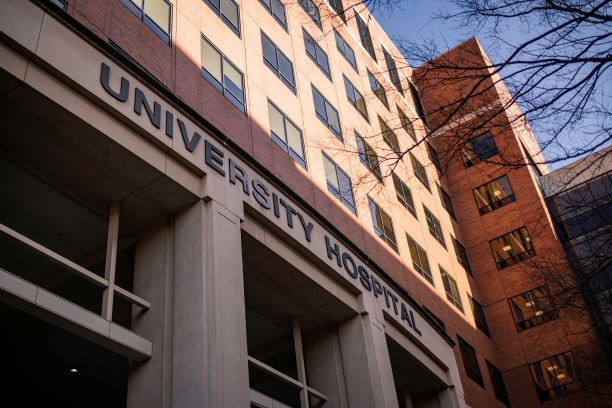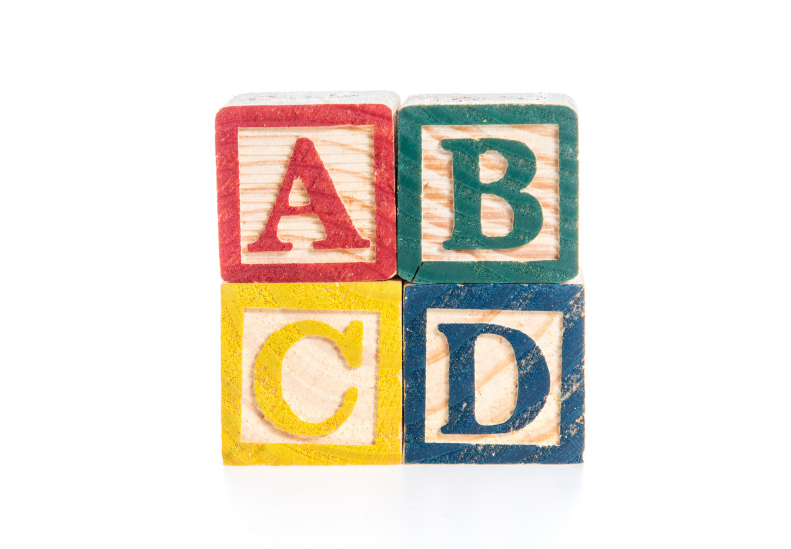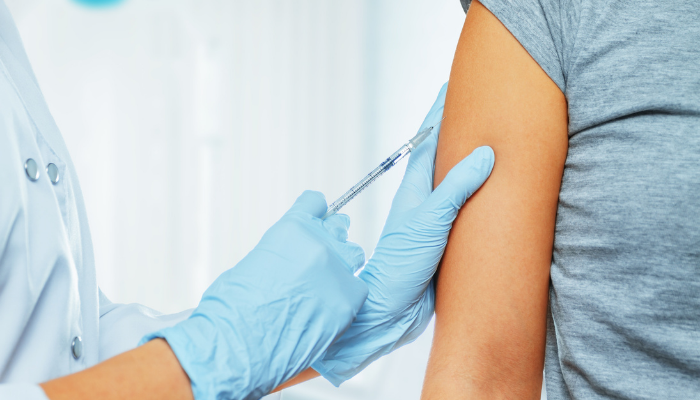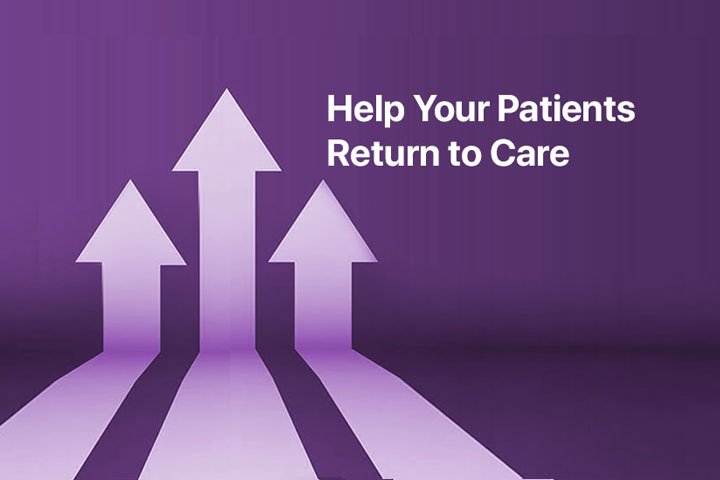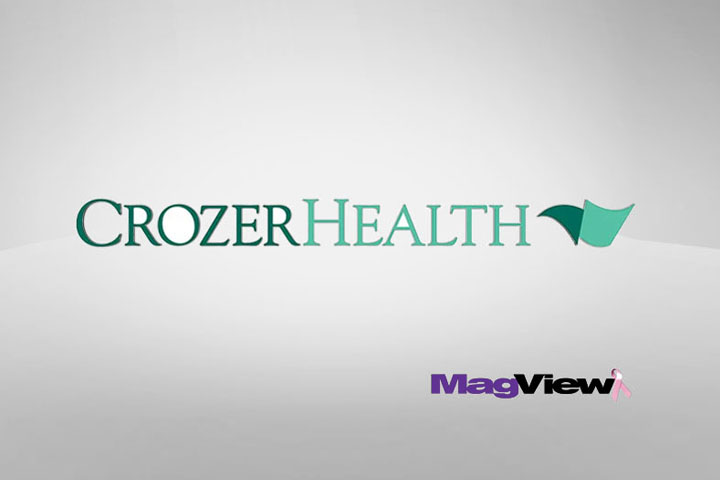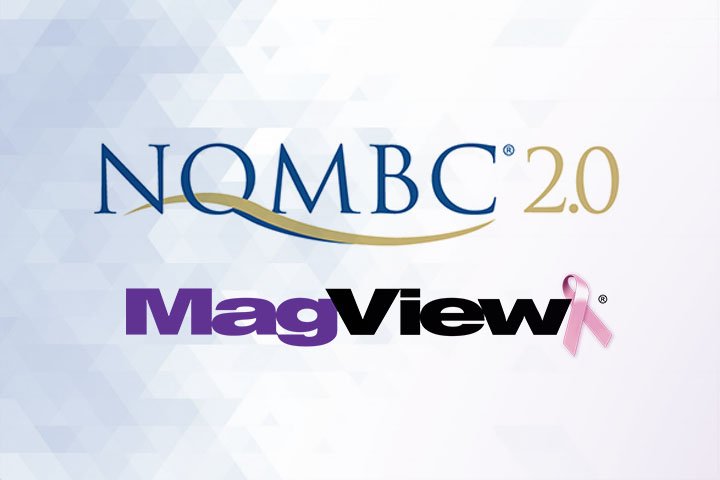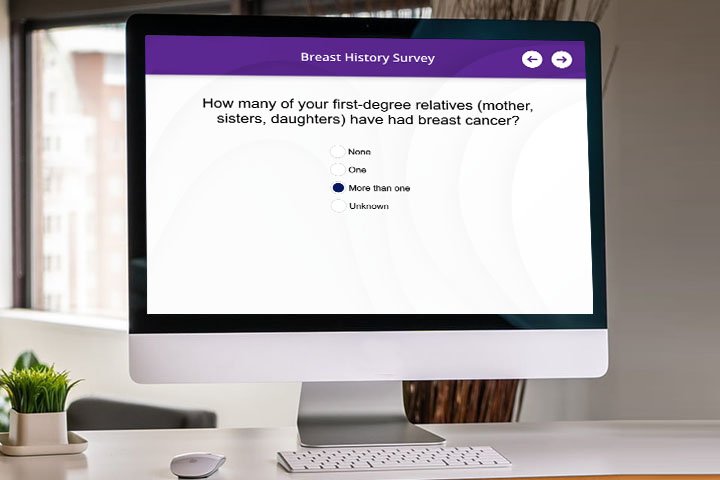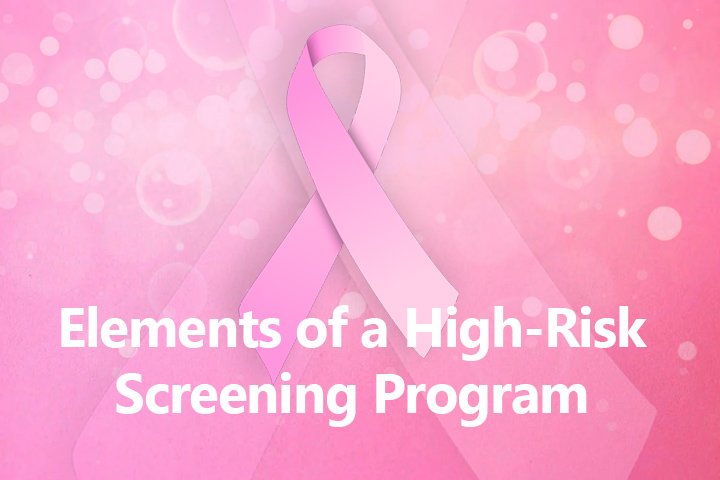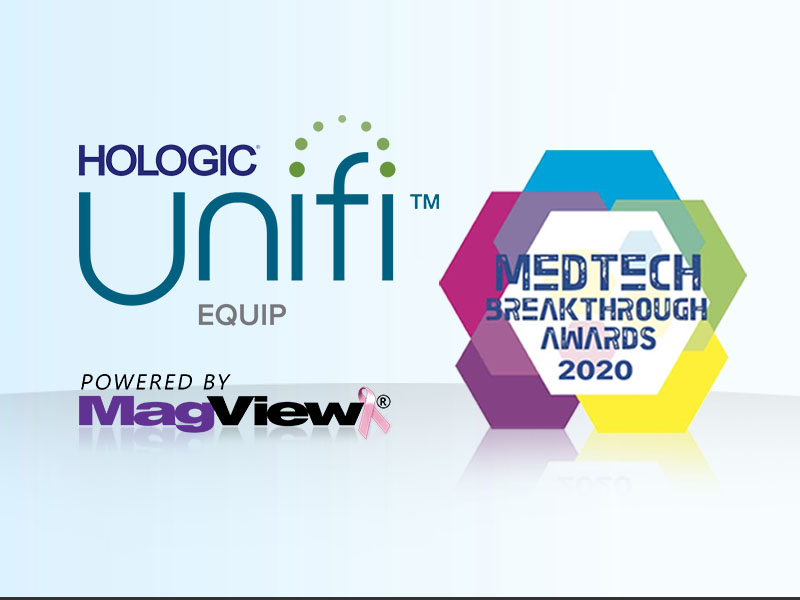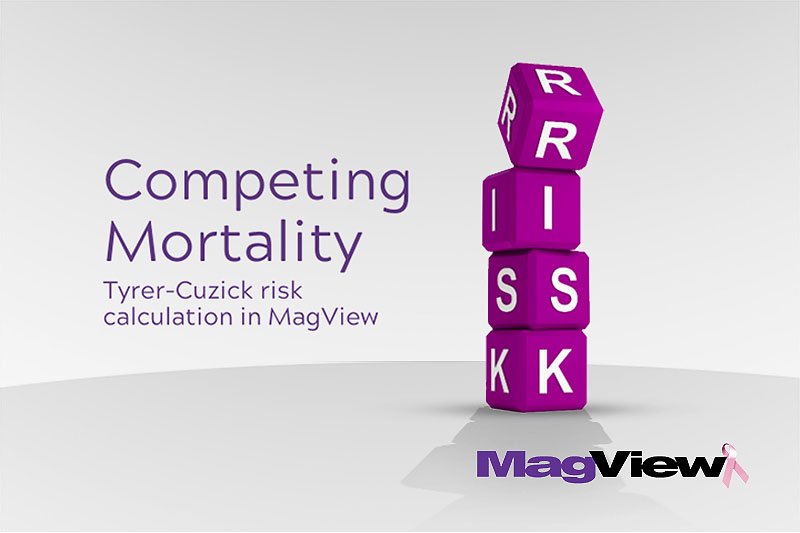Breast cancer is the most prevalent type of cancer in the world. About one in eight American women will develop invasive breast cancer in their lifetimes. With this information, you want to ensure you’re screened regularly to catch any breast problems and get treatment immediately. Regular mammograms and appropriate follow-up are the best way to ensure early breast cancer detection.
When Should I Start Getting a Mammogram?
The appropriate mammogram age depends on several factors. The American College Of Radiology (ACR) has recently updated its guidelines for breast cancer screening and now recommends that women with an average risk for developing breast cancer get a mammogram yearly starting at age 40. Ask your healthcare provider if you should get a mammogram before age 40 if you have these risk factors:
- First menstrual cycle before age 12
- Dense breasts
- Personal history of previous breast cancer or breast diseases
- Family history of breast or ovarian cancer
- Previous treatment with radiation therapy.
Medical professionals suggest that women do period self exams of breasts and contact their healthcare provider immediately if they notice any breast changes. The ACR recommendations include assessing breast cancer risk assessment by age 25. You might have a higher risk of breast cancer if any of these apply to you:
- African-American heritage
- Ashkenazi Jewish heritage
- Genetic mutations
- Family history of breast cancer
- Personal history of cancer
- Radiation therapy at a young age
- Dense breasts
Benefits of Having a Mammogram
Getting a mammogram won’t prevent breast cancer, but with early detection, the 5-year survival rate is 99%. Regular mammograms offer the following benefits:
Mammograms can detect cancers that are too small for you or your doctor to feel
With the current technology, health care professionals can now detect cancer early using mammograms.
Mammograms save lives
Medical science cannot determine which cancers will advance and cause more harm to you unless you’re screened. A study published in the American Cancer Society journal showed that more than 70% of the women who died from breast cancer in their 40s were among the 20 percent of women who didn’t get screened.
Mammograms detect breast cancer early
Mammograms detect abnormal breast tissue approximately two years before it becomes cancerous. They also improve the chances of breast conservation.
How Should I Prepare for a Mammogram?
It’s natural to be nervous before a mammogram, especially if you’ve never had one before. These tips will make your mammogram appointment go more smoothly:
- Schedule your mammogram for a time when you’re relaxed and your breasts aren’t too tender.
- Make sure the breast imaging center has any images from prior mammograms performed by previous providers. Don’t wear deodorants, antiperspirants, lotions, perfumes, and creams under your arms or around your breast. This prevents the deodorants’ metallic particles from affecting the results.
Know Your Risk Level
Magview’s breast cancer risk assessment software allows you to answer several questions for data collection and analysis to calculate your risk level. The report may recommend supplemental screening such as breast MRI depending on your score. Contact us to learn more.

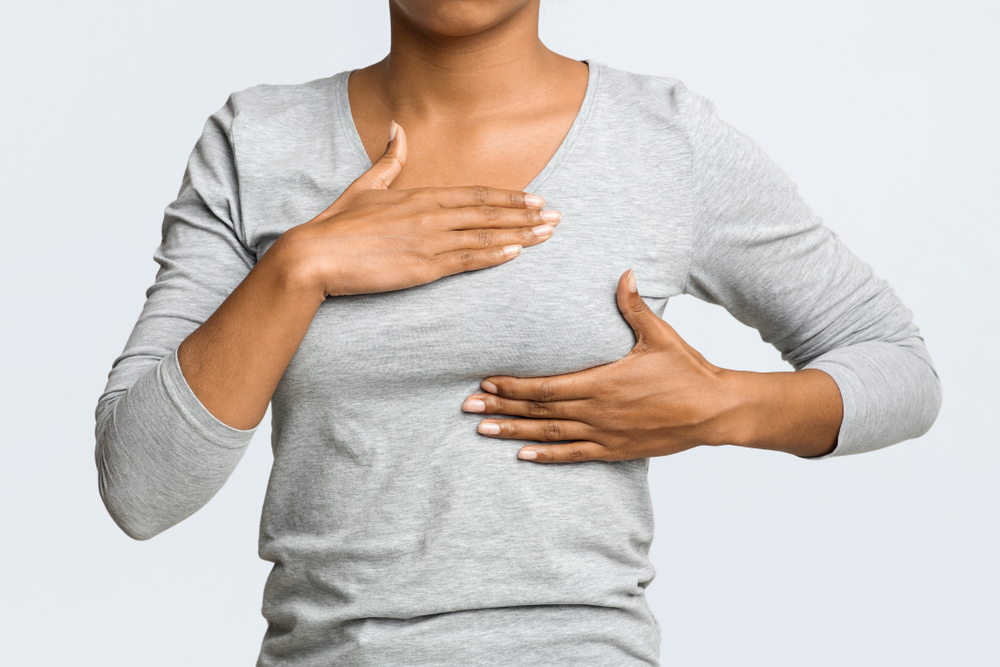

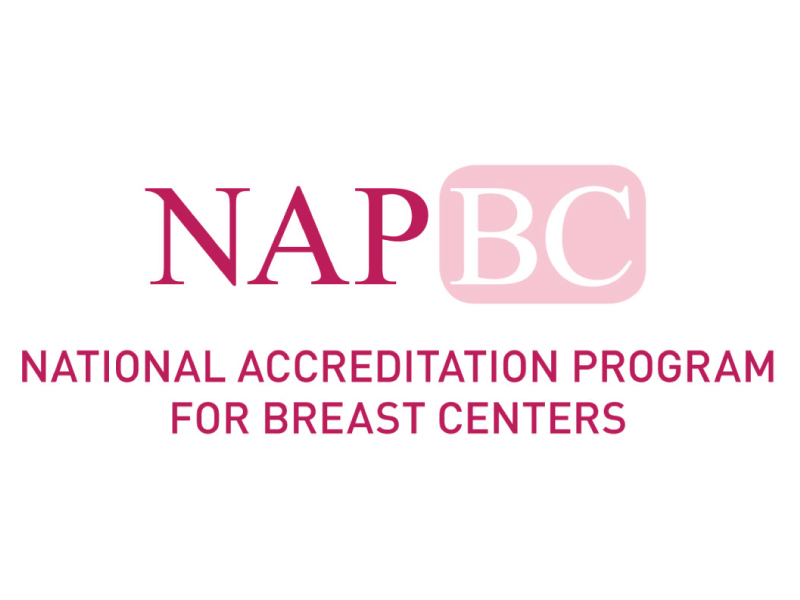
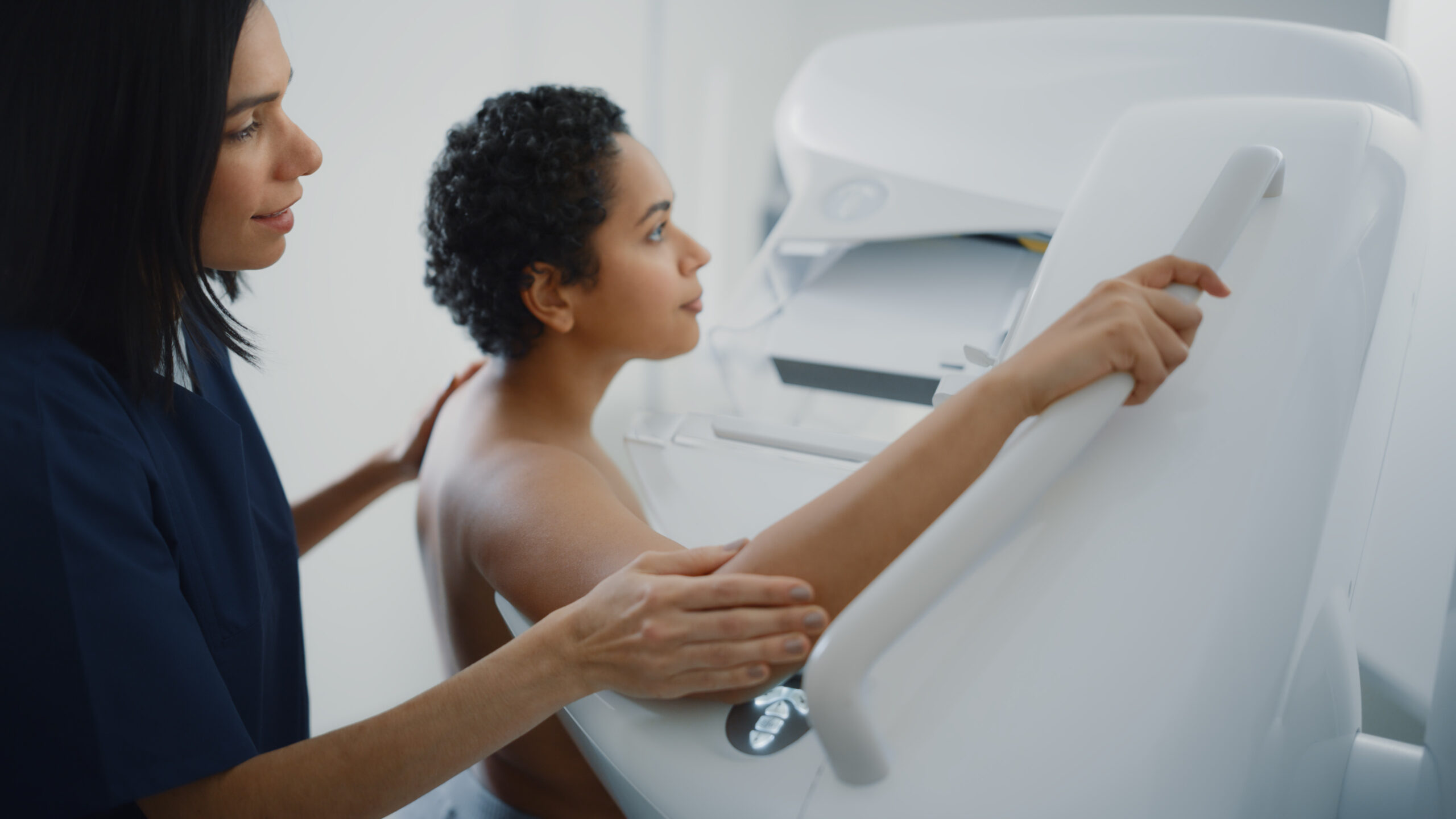
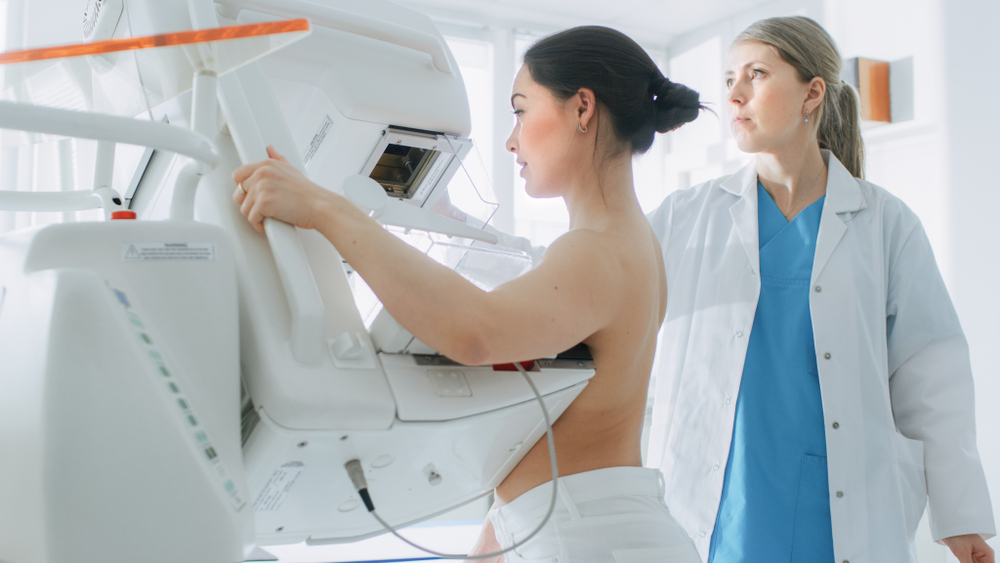
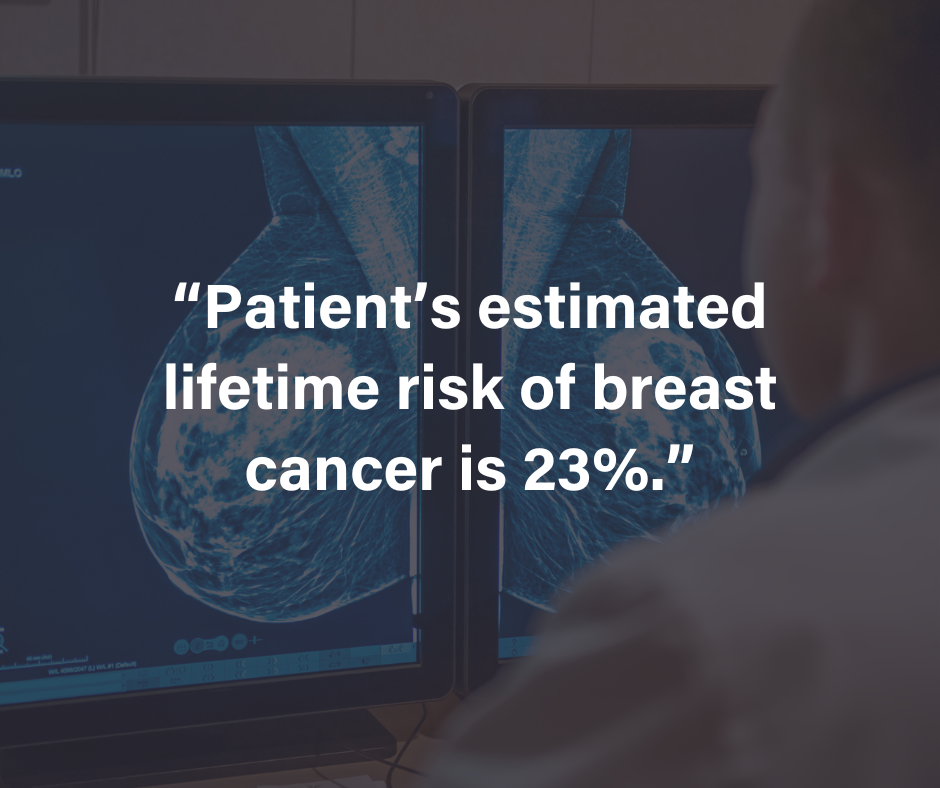
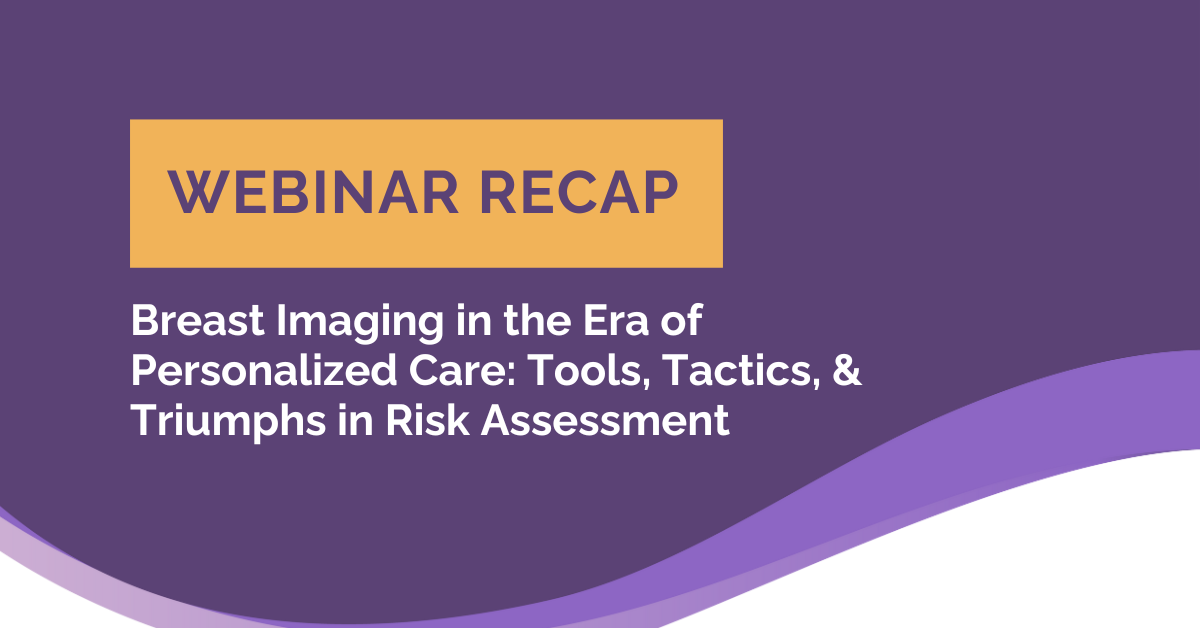
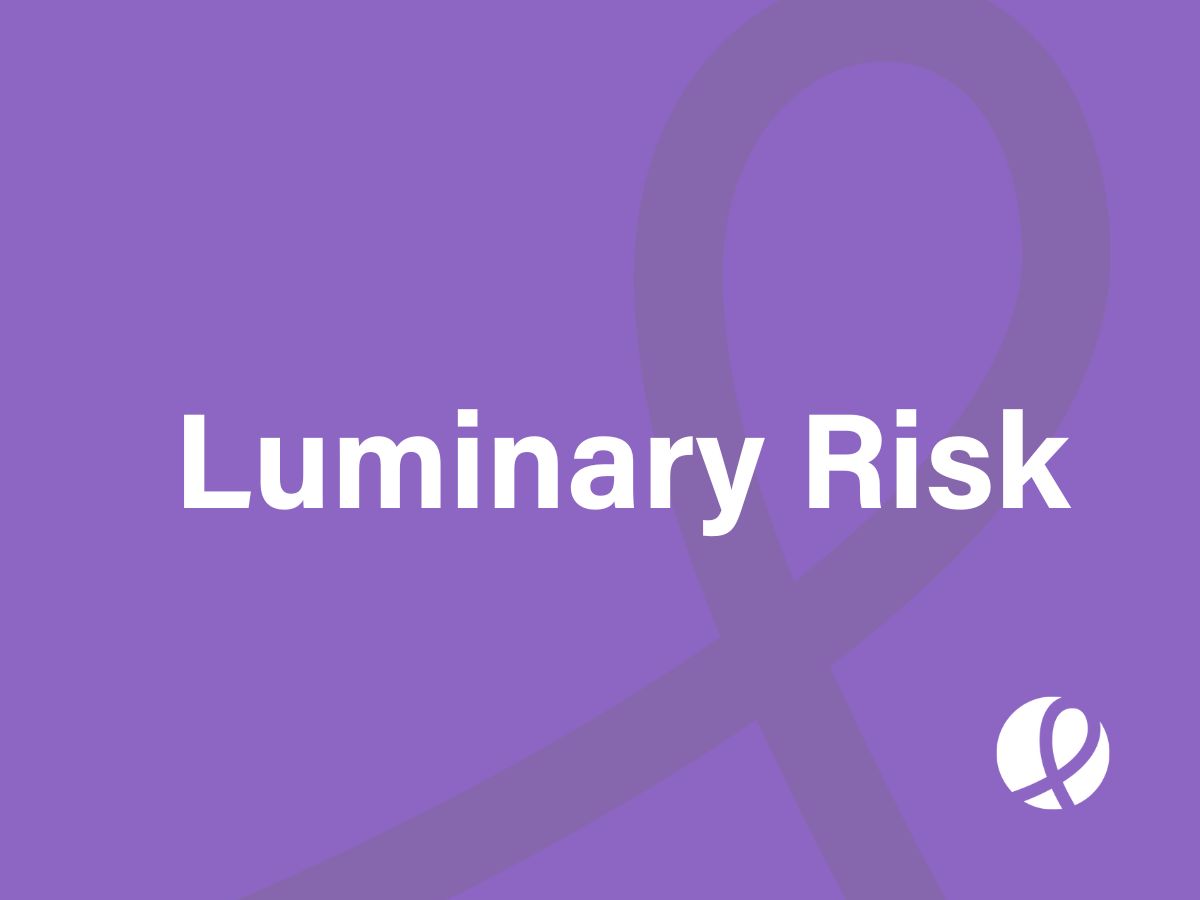



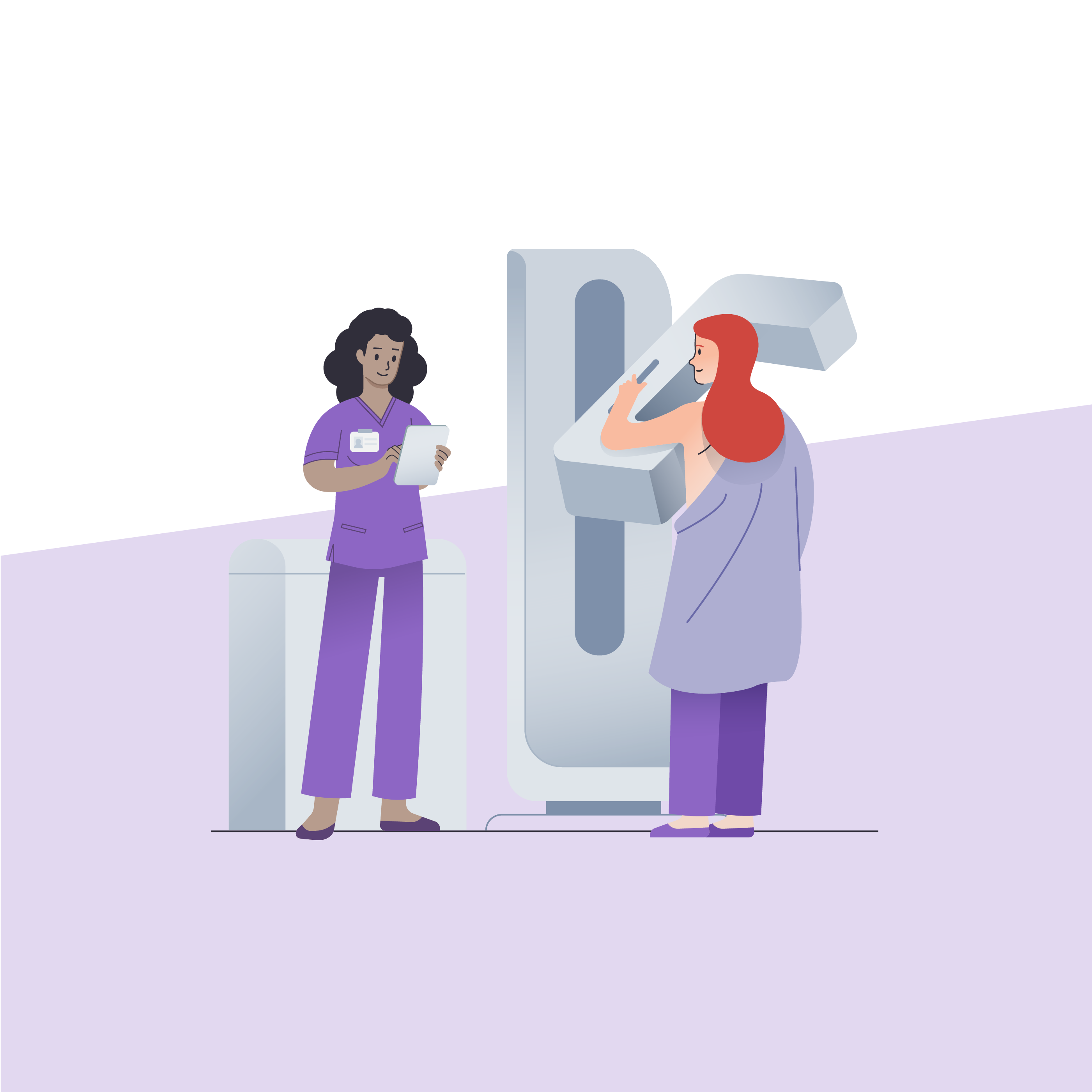

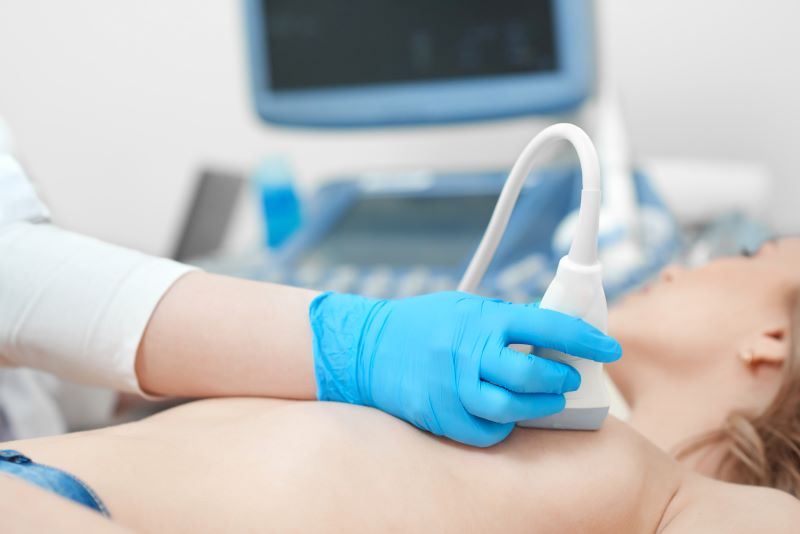
![monitoring breast density shutterstock_1299510538-[Converted]](https://magview.com/wp-content/uploads/2023/05/shutterstock_1299510538-Converted.jpg)
